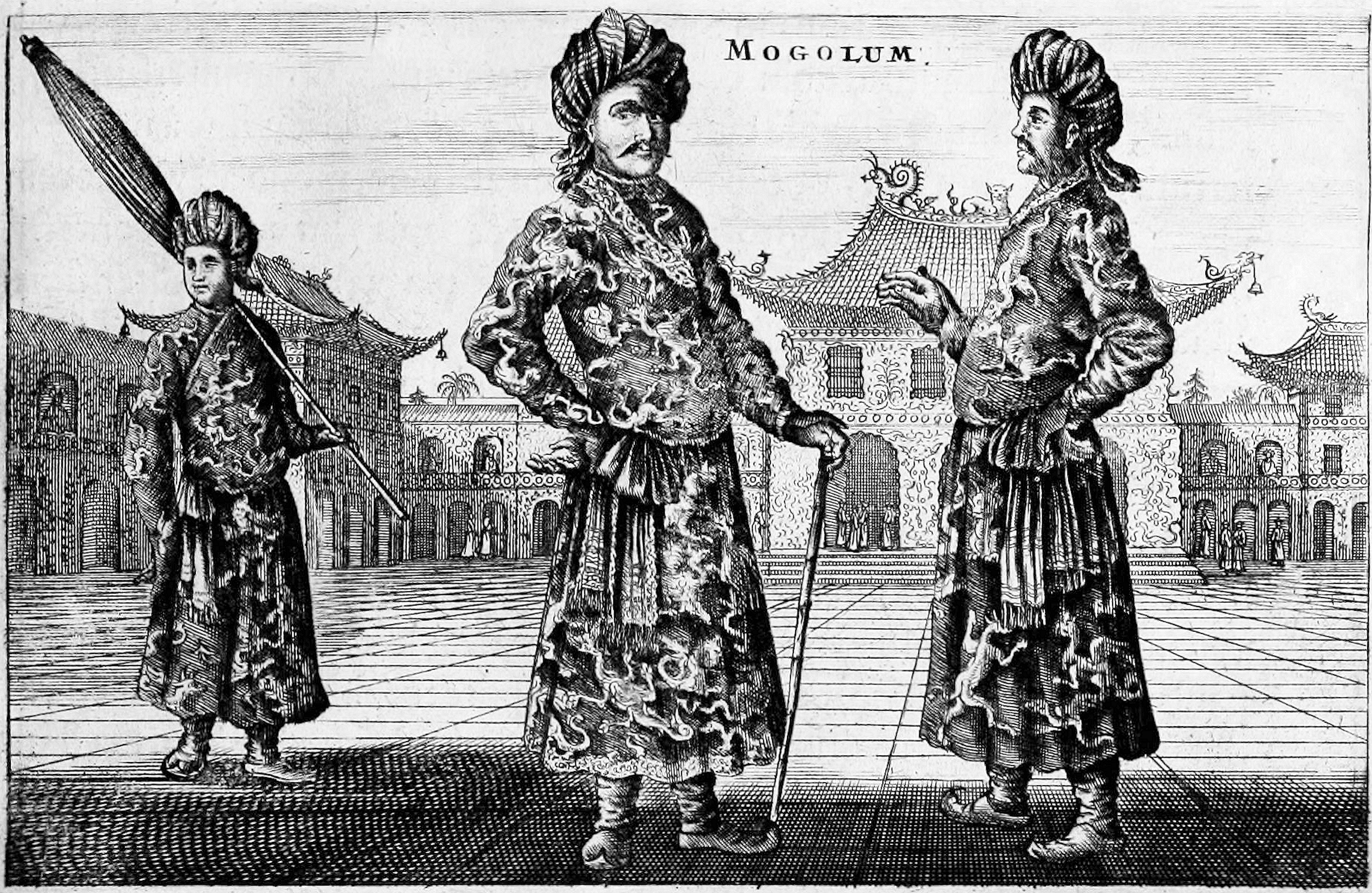|
Elena De Rossi Filibeck
Elena De Rossi Filibeck is a writer on Tibetan subjects. She graduated in East Asian History under Professor Luciano Petech in 1971 at the Sapienza University of Rome. Since 1980 she has been a researcher at the Department of Oriental Studies in the Faculty of Arts, Sapienza University of Rome, and Associate Professor at the Faculty of Oriental Studies of the same university. Her publications cover many aspects of Tibetan textual studies, most notably from Tabo Monastery Tabo Monastery (or Tabo Chos-Khor Monastery) is located in the Tabo village of Spiti Valley, Himachal Pradesh, northern India. It was founded in 996 CE in the Tibetan year of the Fire Ape by the Tibetan Buddhist ''lotsawa'' (translator) Rinche .... Since 1980 she has dedicated her professional life to cataloguing the Tucci Tibetan Fund texts, numbering more than a thousand. The first volume of the catalogue was published in 1994, and in the preface Petech praises her achievements and speaks warmly of her as a f ... [...More Info...] [...Related Items...] OR: [Wikipedia] [Google] [Baidu] |
Tibet
Tibet (; ''Böd''; ) is a region in East Asia, covering much of the Tibetan Plateau and spanning about . It is the traditional homeland of the Tibetan people. Also resident on the plateau are some other ethnic groups such as Monpa people, Monpa, Tamang people, Tamang, Qiang people, Qiang, Sherpa people, Sherpa and Lhoba peoples and now also considerable numbers of Han Chinese and Hui people, Hui settlers. Since Annexation of Tibet by the People's Republic of China, 1951, the entire plateau has been under the administration of the People's Republic of China, a major portion in the Tibet Autonomous Region, and other portions in the Qinghai and Sichuan provinces. Tibet is the highest region on Earth, with an average elevation of . Located in the Himalayas, the highest elevation in Tibet is Mount Everest, Earth's highest mountain, rising 8,848.86 m (29,032 ft) above sea level. The Tibetan Empire emerged in the 7th century. At its height in the 9th century, the Tibet ... [...More Info...] [...Related Items...] OR: [Wikipedia] [Google] [Baidu] |
Luciano Petech
Luciano Petech (8 June 1914, Trieste – 29 September 2010, Rome) was an Italian scholar of Himalayan history and the early relations between Tibet, Nepal and Italy. He was Chair of History of Eastern Asia at the University of Rome from 1955 to 1984. He was a student of the Italian explorer, academic, and scholar Giuseppe Tucci. Luciano Petech was born in 1914 and retired in 1984. He learned several European languages, including Latin, as well as Asian languages such as Tibetan, Chinese, Japanese, Newari, Sanskrit, Arabic, Hindi and Urdu. Biography Petech began his teaching career in India at 25 years old, as a reader in Italian at the University of Allahabad from 1938 to 1946. His first recorded article is for the ''Calcutta Review'' in 1939. His subject was the dramas and stories of the great Italian author Luigi Pirandello, who had recently died two years after being awarded the Nobel Prize in Literature. He says “the people” in Italy had unfairly turned their backs on ... [...More Info...] [...Related Items...] OR: [Wikipedia] [Google] [Baidu] |
Sapienza University Of Rome
The Sapienza University of Rome ( it, Sapienza – Università di Roma), also called simply Sapienza or the University of Rome, and formally the Università degli Studi di Roma "La Sapienza", is a Public university, public research university located in Rome, Italy. It is one of the List of largest universities by enrollment, largest European universities by enrollments and List of oldest universities in continuous operation, one of the oldest in history, founded in 1303. The university is one of the most prestigious Italian universities in the world, commonly ranking first in national rankings and in Southern Europe. In 2018, 2019, 2021 and 2022 it ranked first in the world for classics and ancient history. Most of the Italian ruling class studied at the Sapienza. The Sapienza has educated numerous notable alumni, including many List of Nobel laureates, Nobel laureates, President of the European Parliament, Presidents of the European Parliament and European Commissioners, heads ... [...More Info...] [...Related Items...] OR: [Wikipedia] [Google] [Baidu] |
Tabo Monastery
Tabo Monastery (or Tabo Chos-Khor Monastery) is located in the Tabo village of Spiti Valley, Himachal Pradesh, northern India. It was founded in 996 CE in the Tibetan year of the Fire Ape by the Tibetan Buddhist ''lotsawa'' (translator) Rinchen Zangpo (Mahauru Ramabhadra), on behalf of the king of western Himalayan Kingdom of Guge, Yeshe-Ö. Tabo is noted for being the oldest continuously operating Buddhist enclave in both India and the Himalayas. A large number of frescoes displayed on its walls depict tales from the Buddhist pantheon. There are many priceless collections of thankas (scroll paintings), manuscripts, well-preserved statues, frescos and extensive murals which cover almost every wall. The monastery is in need of refurbishing as the wooden structures are aging and the thanka scroll paintings are fading. After the earthquake of 1975, the monastery was rebuilt, and in 1983 a new ''Du-kang'' or Assembly Hall was constructed. It is here that the 14th Dalai Lama held th ... [...More Info...] [...Related Items...] OR: [Wikipedia] [Google] [Baidu] |
Giuseppe Tucci
Giuseppe Tucci (; 5 June 1894 – 5 April 1984) was an Italian orientalist, Indologist and scholar of East Asian studies, specializing in Tibetan culture and the history of Buddhism. During its zenith, Tucci was a supporter of Italian fascism, and he used idealized portrayals of Asian traditions to support Italian ideological campaigns. Tucci was fluent in several European languages, Sanskrit, Bengali, Pali, Prakrit, Chinese and Tibetan and he taught at the University of Rome La Sapienza until his death. He is considered one of the founders of the field of Buddhist Studies. Life and work Education and background He was born to a middle-class Italian family (from Apulia) in Macerata, Marche, and thrived academically. He taught himself Hebrew, Chinese and Sanskrit before even going to university and in 1911, aged only 18, he published a collection of Latin inscriptions in the prestigious '' Zeitschrift des Deutschen Archäologischen Instituts''. He completed his studies at the ... [...More Info...] [...Related Items...] OR: [Wikipedia] [Google] [Baidu] |
Living People
Related categories * :Year of birth missing (living people) / :Year of birth unknown * :Date of birth missing (living people) / :Date of birth unknown * :Place of birth missing (living people) / :Place of birth unknown * :Year of death missing / :Year of death unknown * :Date of death missing / :Date of death unknown * :Place of death missing / :Place of death unknown * :Missing middle or first names See also * :Dead people * :Template:L, which generates this category or death years, and birth year and sort keys. : {{DEFAULTSORT:Living people 21st-century people People by status ... [...More Info...] [...Related Items...] OR: [Wikipedia] [Google] [Baidu] |
Year Of Birth Missing (living People)
A year or annus is the orbital period of a planetary body, for example, the Earth, moving in its orbit around the Sun. Due to the Earth's axial tilt, the course of a year sees the passing of the seasons, marked by change in weather, the hours of daylight, and, consequently, vegetation and soil fertility. In temperate and subpolar regions around the planet, four seasons are generally recognized: spring, summer, autumn and winter. In tropical and subtropical regions, several geographical sectors do not present defined seasons; but in the seasonal tropics, the annual wet and dry seasons are recognized and tracked. A calendar year is an approximation of the number of days of the Earth's orbital period, as counted in a given calendar. The Gregorian calendar, or modern calendar, presents its calendar year to be either a common year of 365 days or a leap year of 366 days, as do the Julian calendars. For the Gregorian calendar, the average length of the calendar year (the ... [...More Info...] [...Related Items...] OR: [Wikipedia] [Google] [Baidu] |
Sapienza University Of Rome Alumni
The Sapienza University of Rome ( it, Sapienza – Università di Roma), also called simply Sapienza or the University of Rome, and formally the Università degli Studi di Roma "La Sapienza", is a public research university located in Rome, Italy. It is one of the largest European universities by enrollments and one of the oldest in history, founded in 1303. The university is one of the most prestigious Italian universities in the world, commonly ranking first in national rankings and in Southern Europe. In 2018, 2019, 2021 and 2022 it ranked first in the world for classics and ancient history. Most of the Italian ruling class studied at the Sapienza. The Sapienza has educated numerous notable alumni, including many Nobel laureates, Presidents of the European Parliament and European Commissioners, heads of several nations, notable religious figures, scientists and astronauts. In September 2018, it was included in the top 100 of the QS World University Rankings Graduate Emplo ... [...More Info...] [...Related Items...] OR: [Wikipedia] [Google] [Baidu] |
Academic Staff Of The Sapienza University Of Rome
An academy (Attic Greek: Ἀκαδήμεια; Koine Greek Ἀκαδημία) is an institution of secondary education, secondary or tertiary education, tertiary higher education, higher learning (and generally also research or honorary membership). The name traces back to Plato's school of philosophy, founded approximately 385 BC at Akademia, a sanctuary of Athena, the goddess of wisdom and Skills, skill, north of Ancient Athens, Athens, Greece. Etymology The word comes from the ''Academy'' in ancient Greece, which derives from the Athenian hero, ''Akademos''. Outside the city walls of Athens, the Gymnasium (ancient Greece), gymnasium was made famous by Plato as a center of learning. The sacred space, dedicated to the goddess of wisdom, Athena, had formerly been an olive Grove (nature), grove, hence the expression "the groves of Academe". In these gardens, the philosopher Plato conversed with followers. Plato developed his sessions into a method of teaching philosophy and in 3 ... [...More Info...] [...Related Items...] OR: [Wikipedia] [Google] [Baidu] |







